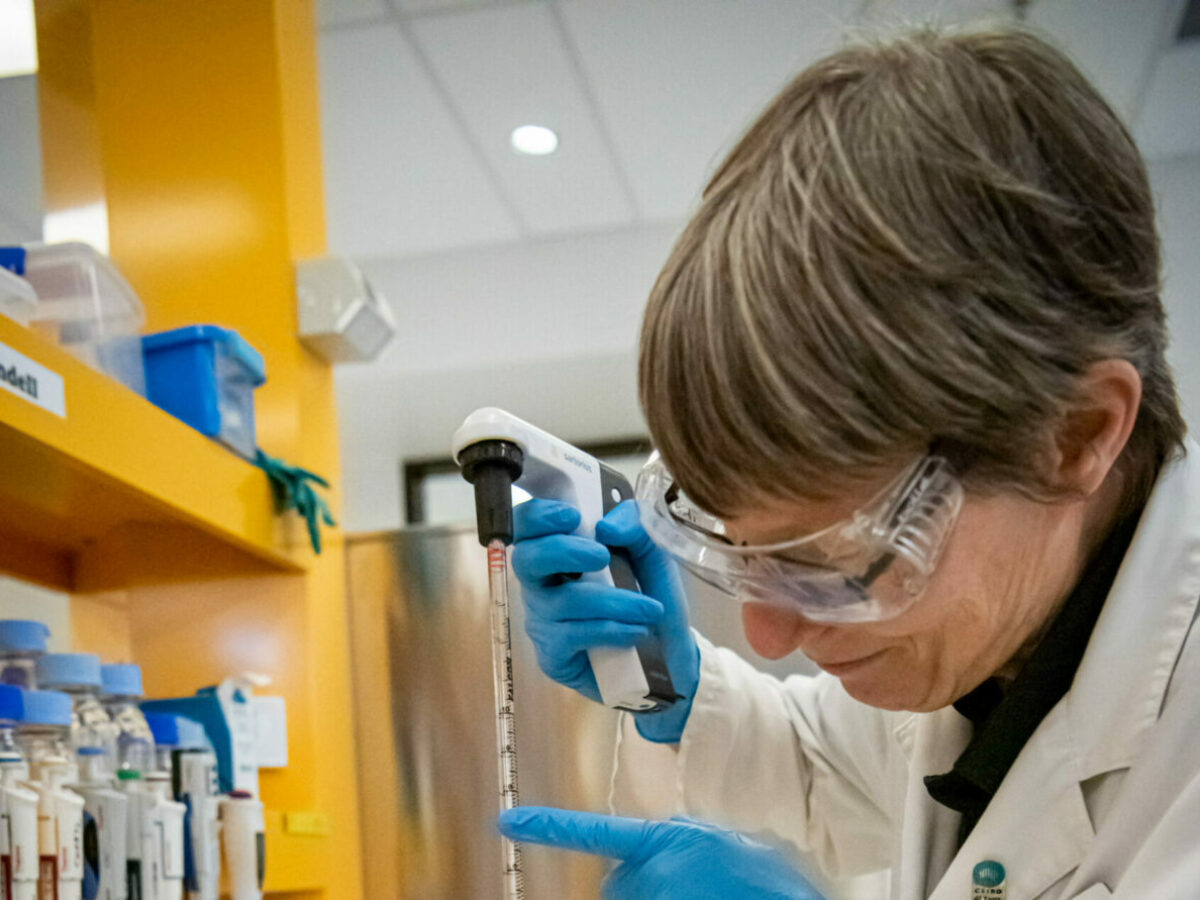“Largely untapped” synthetic biology industry could be worth $30 billion, 50,000 new jobs by 2040: report

Synthetic biology could be an industry worth $30 billion to the nation annually and create 50,000 new jobs by 2040, according to the new Synthetic Biology National Progress Report, with the greatest activity expected to be in food and agriculture, followed by health and medicine industries.
The report was written by CSIRO Futures, with support from CSIRO’s Advanced Engineering Biology Futures Science Platform and Main Sequence Ventures.
It examines a growing, interdisciplinary field of science applying engineering principles and genetic technologies to “the building blocks of life” to create new solutions.
The report revises 2040 predictions made in CSIRO’s 2021 National Synthetic Biology Roadmap upwards from $27 billion and 44,000 jobs, and notes local “synbio” start-ups attracting over $363 million in capital investments over the past three years, with $44.5 million in research grants.
“Our analysis shows that Australia has continued to foster a strong synthetic biology research and development ecosystem,” said CSIRO’s Health and Biosecurity Futures lead, Greg Williams.
“However, more still needs to be done to strengthen the ecosystem through international collaboration and domestic leadership, governance and skills,”
Main Sequence Partner Gabrielle Munzer – whose firm has supported “over a dozen” such companies – said the field displayed “incredible potential” to address global challenges including food production and sustainability.
“This is only the beginning and synbio remains a largely untapped opportunity,” said Munzer.
“With the right partnerships across industry, government and academia, we can accelerate the development of synbio products and solutions to provide social, environmental… and economic benefits.”
Main Sequence's portfolio includes food companies “food, feed and fibre” firm Cauldron Ferm, enzymatic recycler Samsara Eco, and dairy-free milk maker Eden Brew
Separately, CSIRO announced on Tuesday that decades of synbio research had led to a breakthrough rapid gene-screening platform, able to identify “avirulence genes” in plant pathogens.
Project co-lead Dr Peter Dodds said: “”This method enables high-throughput screening of complex genetic libraries in a plant’s cellular environment at an unprecedented speed. This enhances the ability to select more disease-resistant crops and aids efforts in pathogen surveillance.”
The National Progress Report is available here.
Picture: credit CSIRO
Further reading
Don’t have a cow: the Australian startup brewing high-tech animal-free milk
Sending a computer-designed “Pac-Man” army into the war on waste
Female-founded fermentation company raises $10.5 million in seed round
CSIRO to invest $25 million in Advanced Engineering Biology program
@aumanufacturing Sections
Analysis and Commentary Awards casino reviews Defence Gambling Manufacturing News Online Casino Podcast Technology Videos





